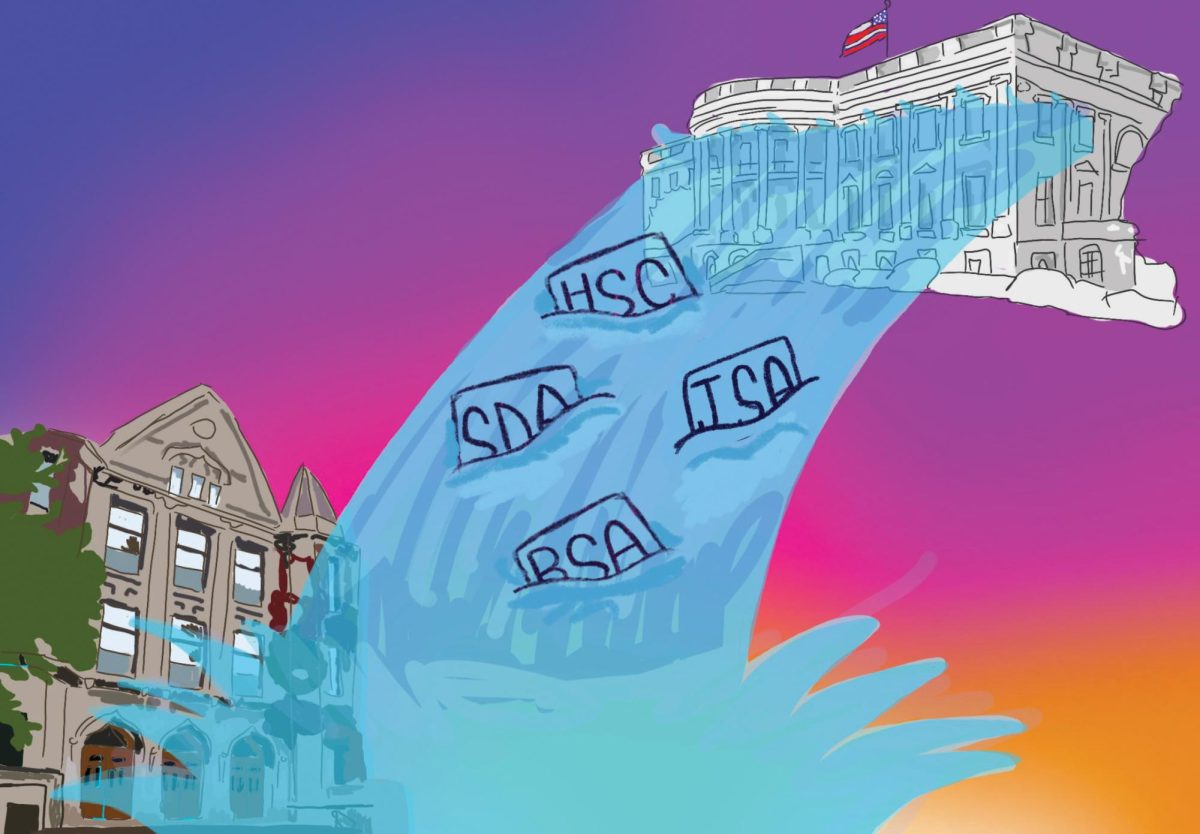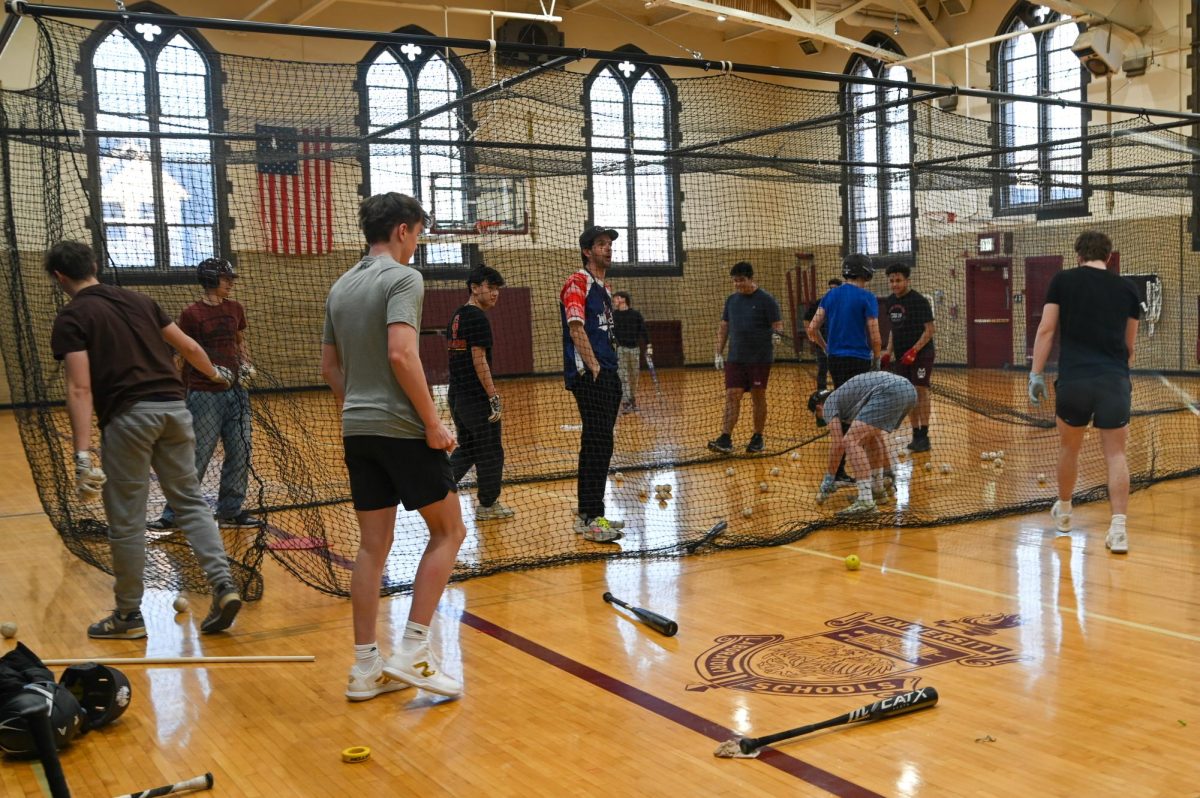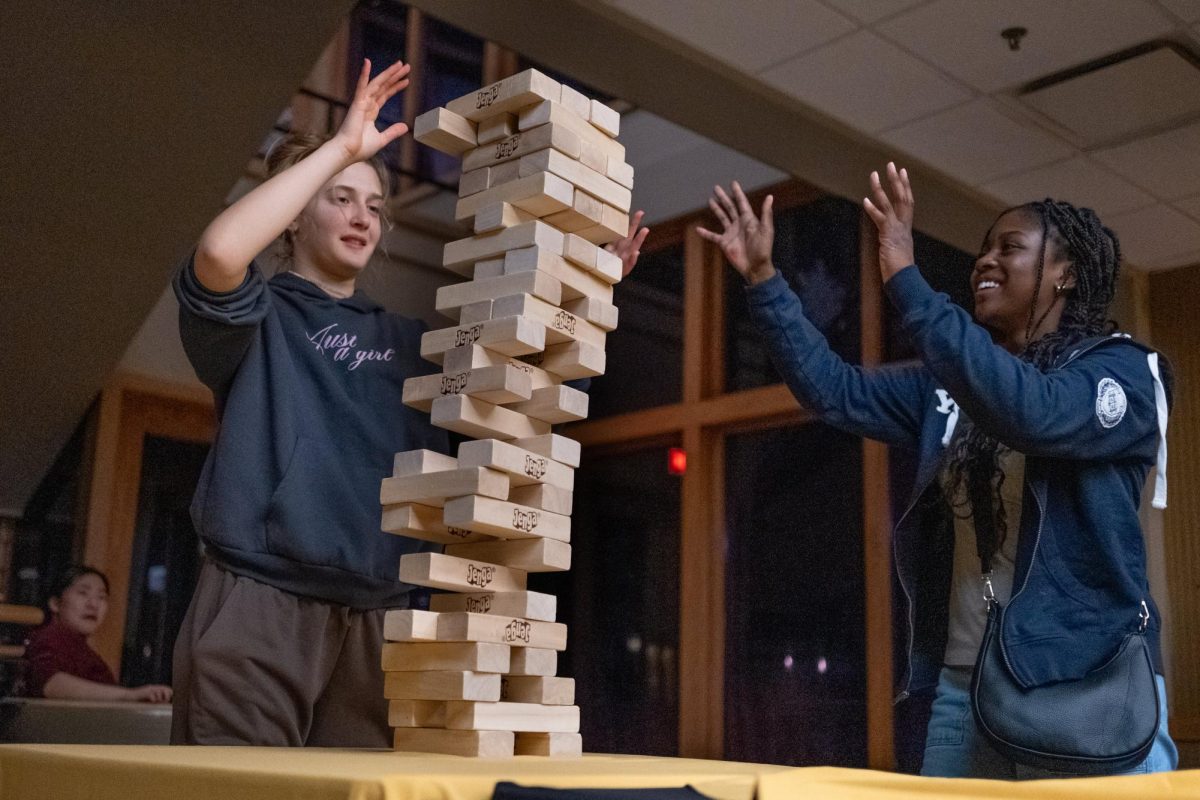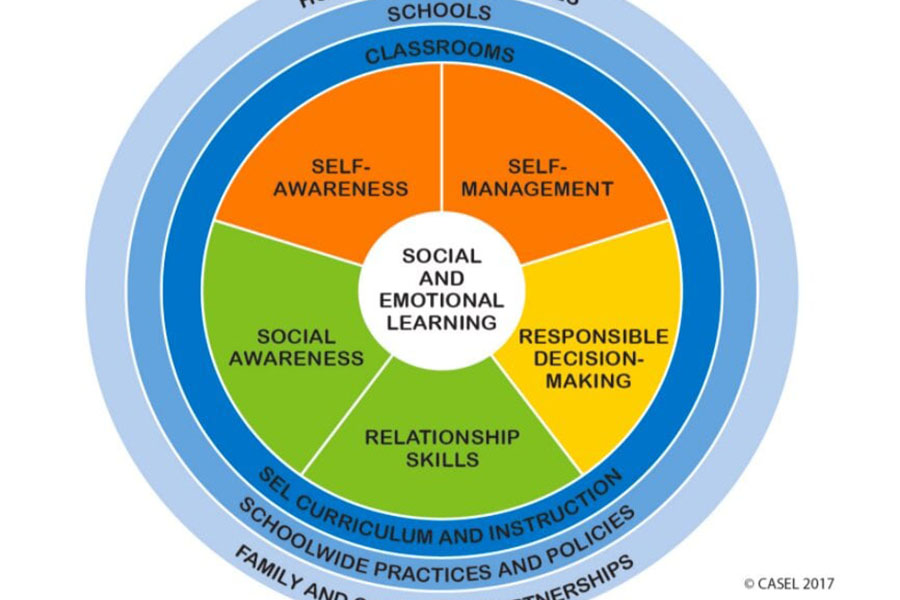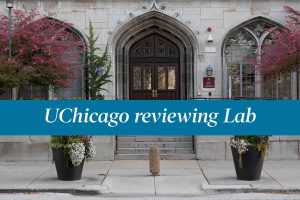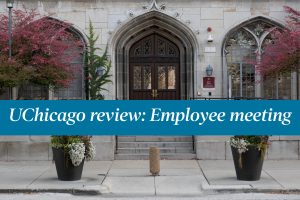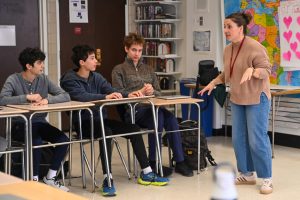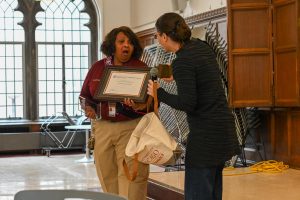Turmoil of past year sparks a new look at Trauma-Informed Care
Social Emotional Learning Compass
In the past year, the learning and counseling department and Wellness Council have given extra attention to a Trauma-Informed Care approach.
February 22, 2021
If all goes according to plan, in a few weeks’ time students will return to school. Some will be grieving lost family members, some will be struggling to cope with the seemingly catastrophic state of the world and others will be suffering from exacerbated mental illness. Counselors and administrators know this, and they are preparing to deal with the mental and emotional aspects of what will undoubtedly be a difficult transition.
The pandemic and political turmoil of the past year has spurred the learning and counseling department and Wellness Council to give extra attention to implementing a trauma-informed care approach to support students and faculty.
“We know that we learn best when we feel safe and we feel secure and we feel seen,” Nicole Neal, director of student services, said, “and for many in the community, 2020 and 2021 is directly challenging that.”
Trauma-informed care acknowledges how traumatic stress can impair learning, cognitive processes and individuals’ general sense of well-being.
Ms. Neal said that the central objectives of trauma-informed care in recent months have been to acknowledge the impact of traumatic events, lead with care for the well-being of the community and build resilience and model strength. While the practices that constitute trauma-informed care are not new, the turmoil of the past year has compelled counselors and administrators to more explicitly think about how Lab adults can mitigate the effects of traumatic stress on students.
“When you think about 2020, and all the way up to today, you can’t overlook the tremendous impact that has had on many members of the community,” she said.
When remote learning began, Ms. Neal convened with Kristen Scewczyk, the lead school nurse, and a group of administrators to discuss how to provide additional support to students. As a part of trauma-informed care, Ms. Neal created discussion groups for both the faculty and students after events like the insurrection at the U.S. Capitol.
But discussion groups are just one example. To organize their different forms of trauma-informed care, the learning and counseling department uses a three-tier model. Tier one consists of the universal, preventive measures that include assemblies and teaching about stress in Physical Education classes. The second tier targets students with similar needs, like incoming ninth graders, who may be helped in specialized groups. The third tier consists of aid to individuals through counseling and referral to external assistance.
Lesley Scott, a learning coordinator, said that she applies trauma-informed care when crafting academic plans with students and when designing group activities that incorporate mindfulness.
“If you’re in the classroom and you’re present but you’re not present, what does that actually mean, to not be able to understand the content?” Ms. Scott said.
Aria Choi, a counselor, said that trauma-informed care is one part of how the counselors seek to help students holistically.
“We’re human beings with relationships and experiences that impact the way we think and feel, and that might show up in the classroom, and the approach just allows us to be cognizant of that,” Ms. Choi said.
Ms. Scott also said collaboration with the faculty is integral to developing comprehensive trauma-informed care.
The learning and counseling department’s next challenge is to support students as they transition back to school through rebuilding community and reacclimating students to the school environment while meeting safety requirements, and Ms. Neal said that trauma-informed care has not yet achieved its full scope.
According to Ms. Neal, “We have just begun to scratch the surface of what it could look like.”




















